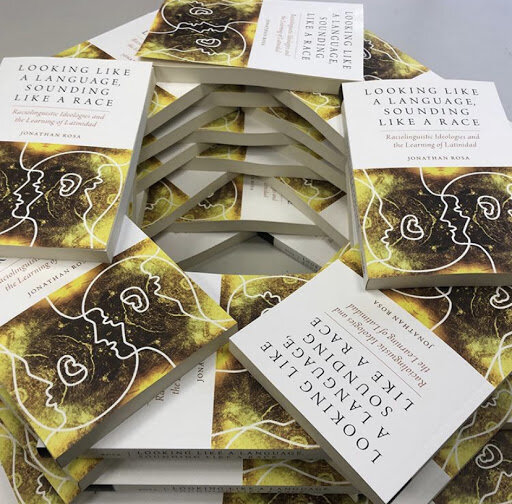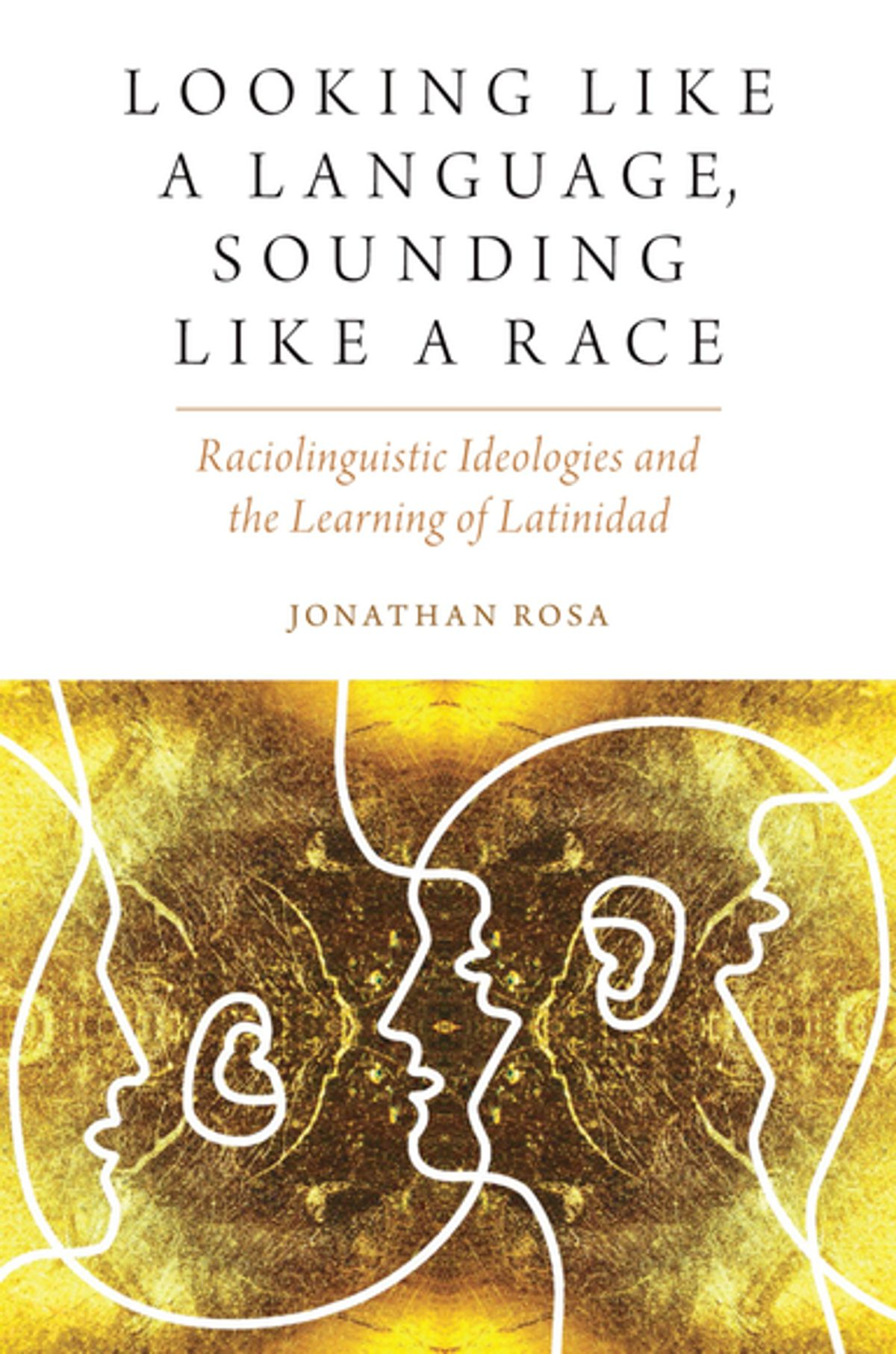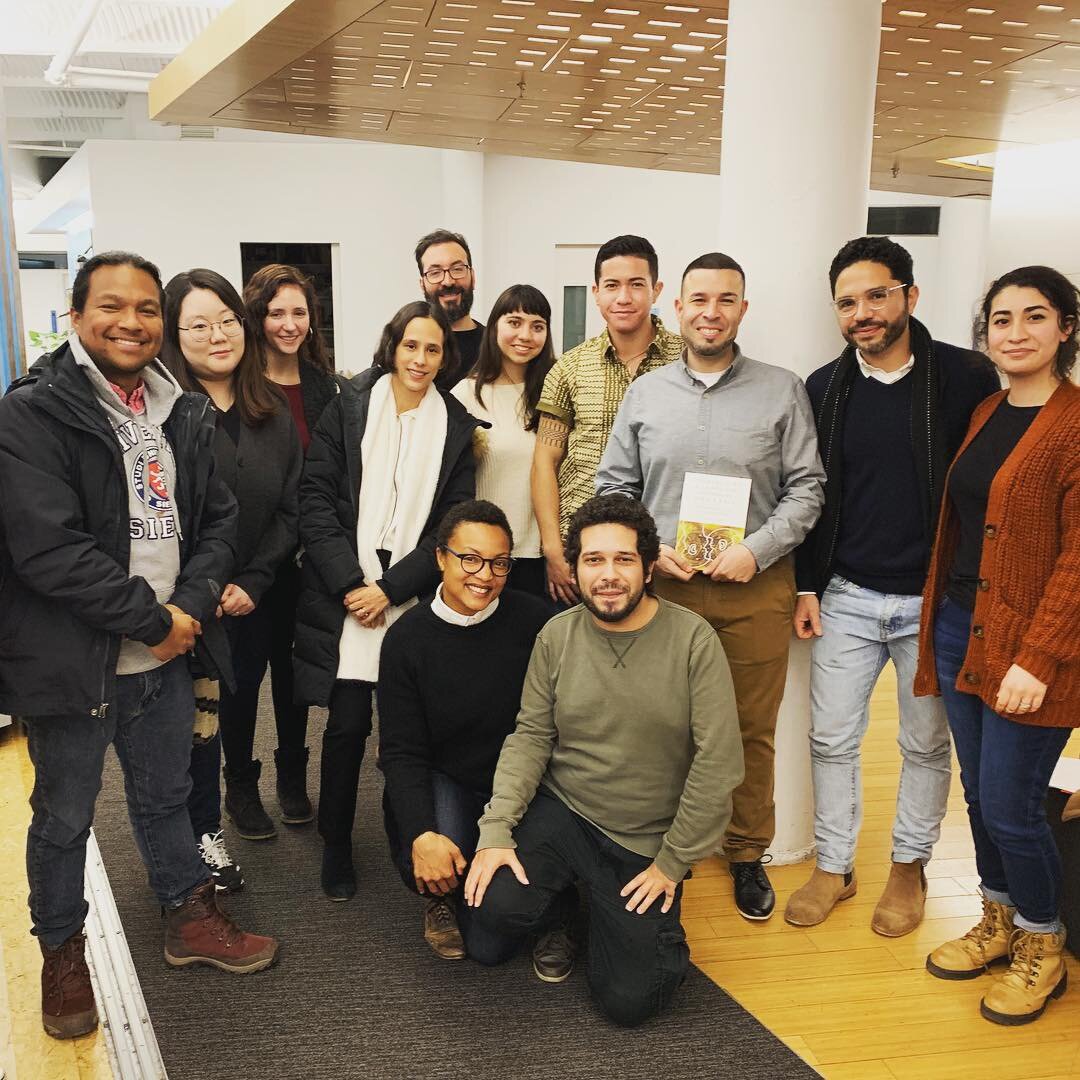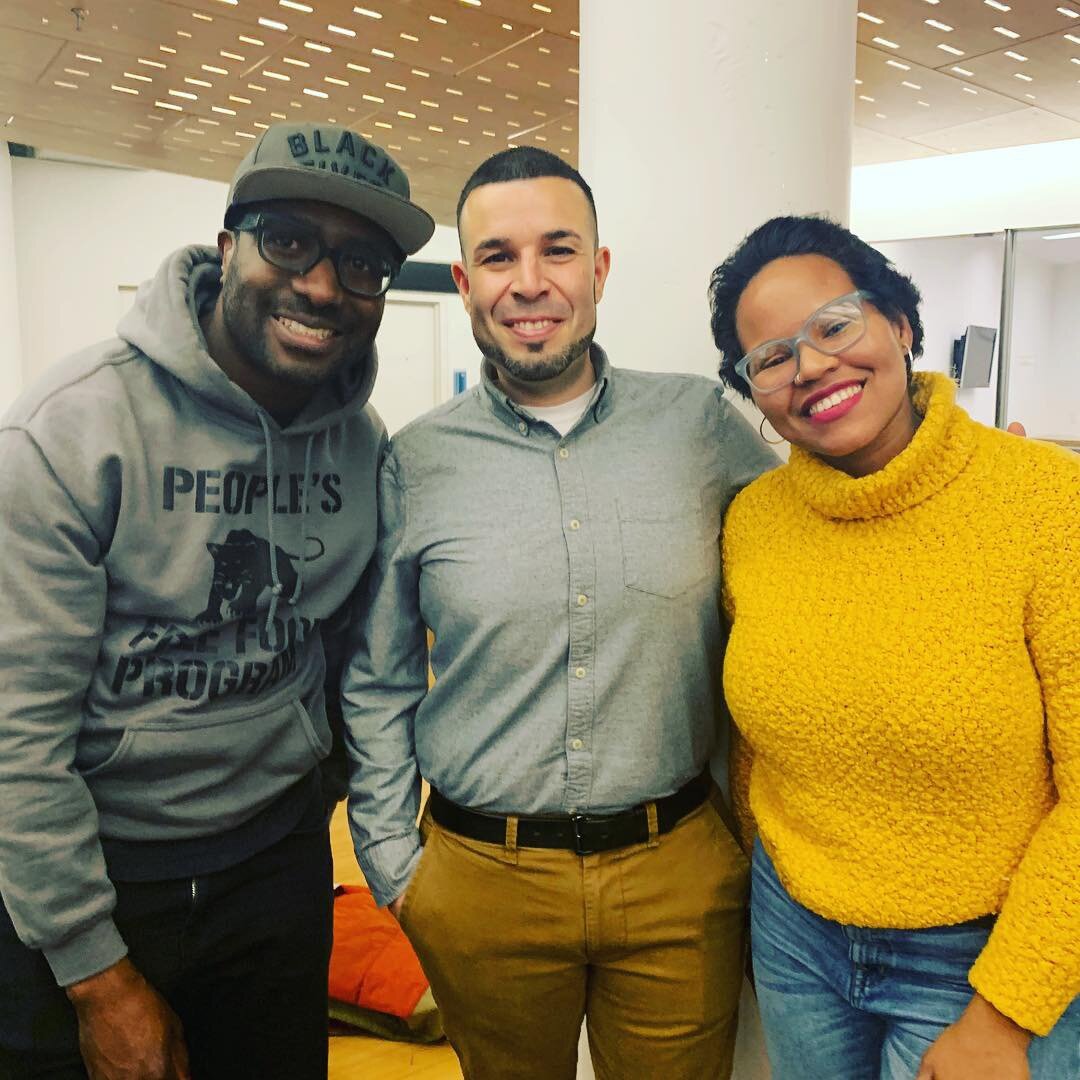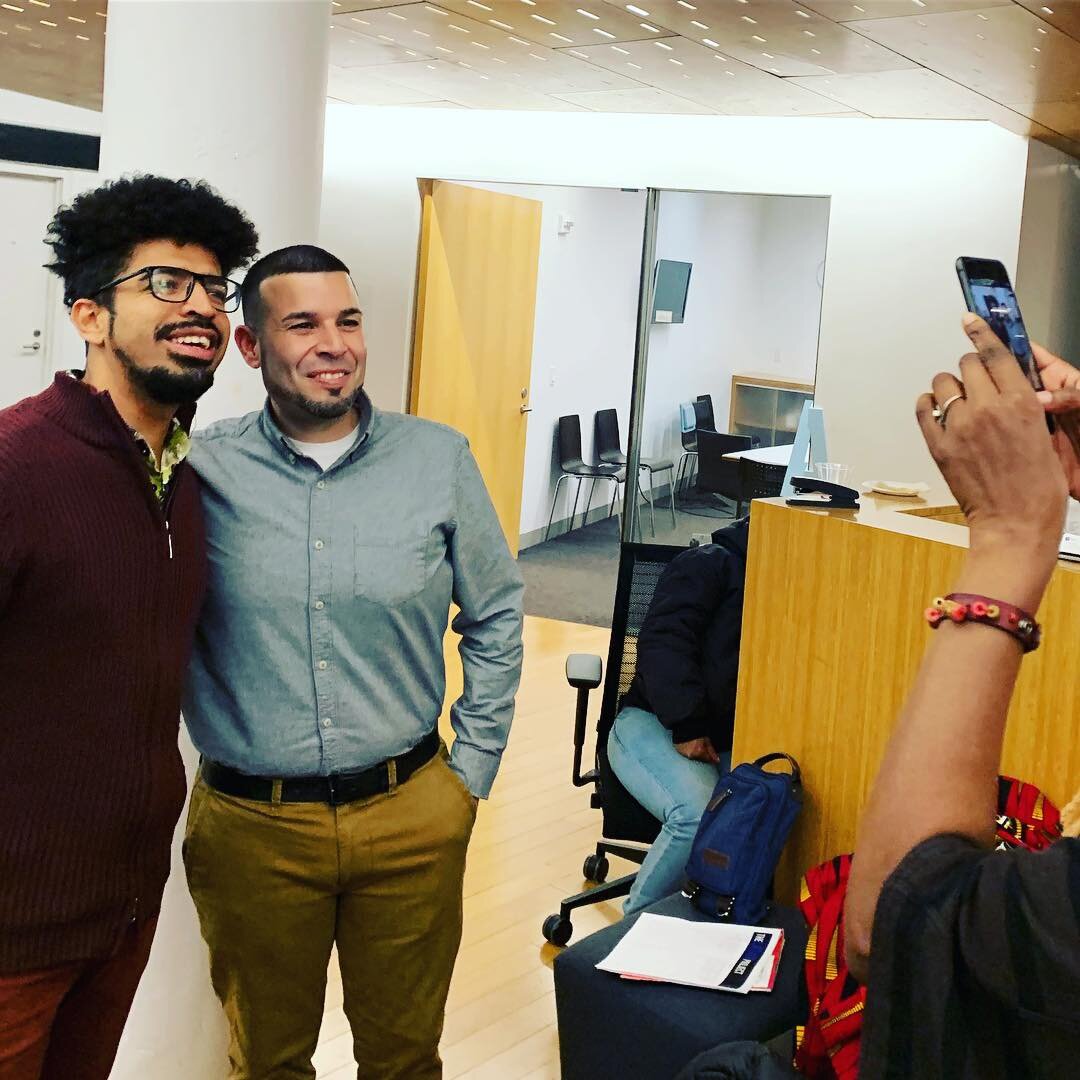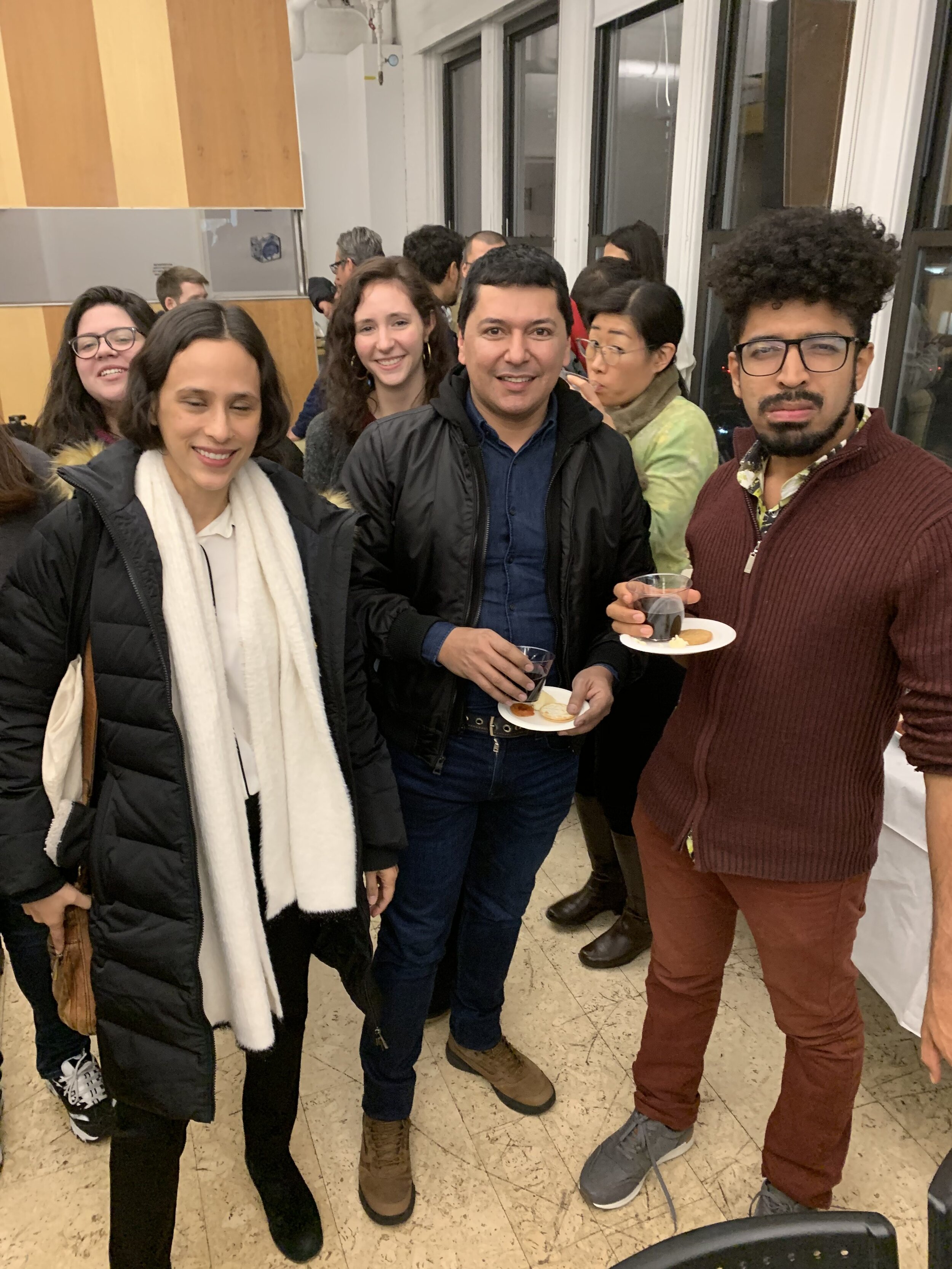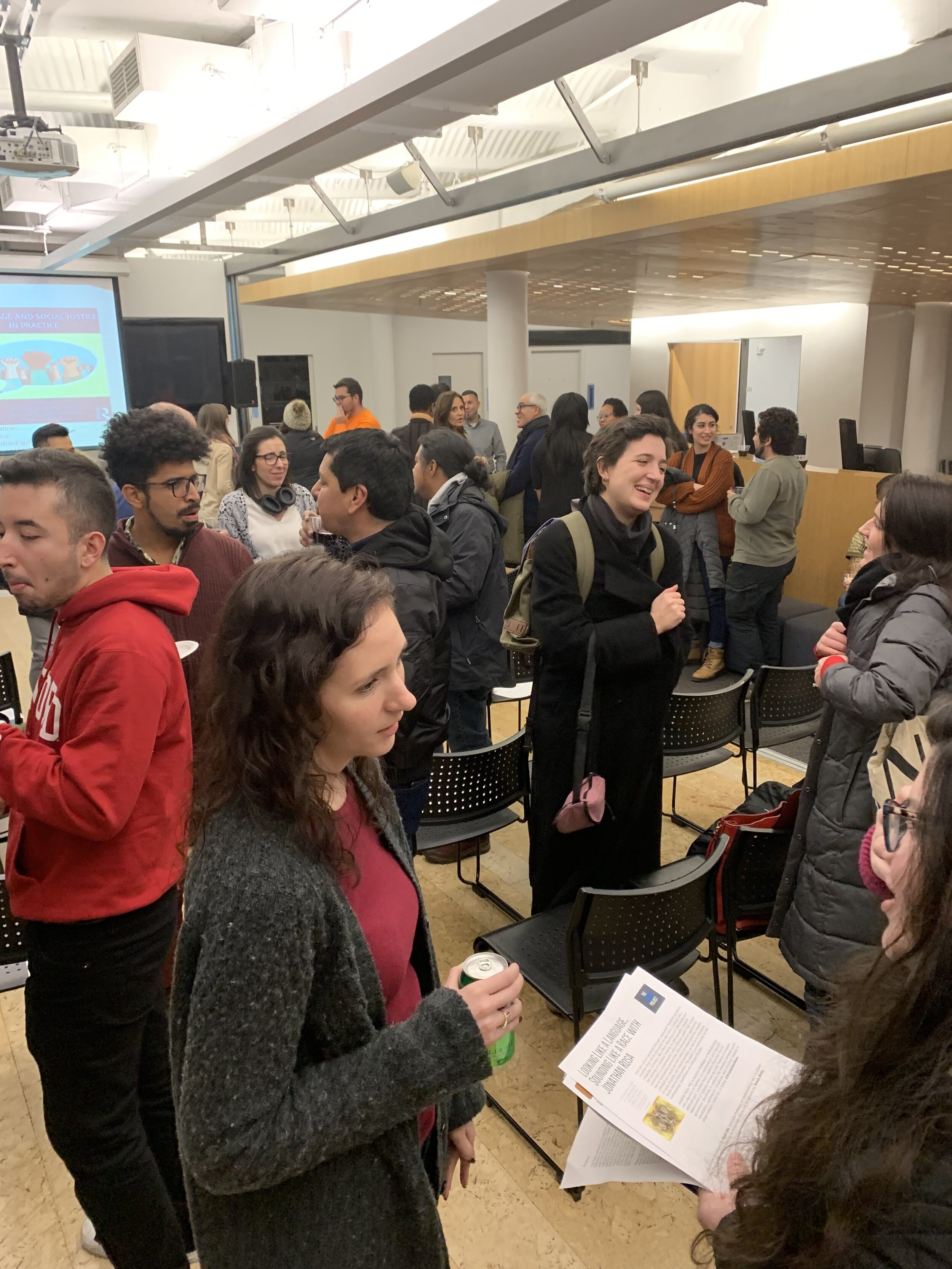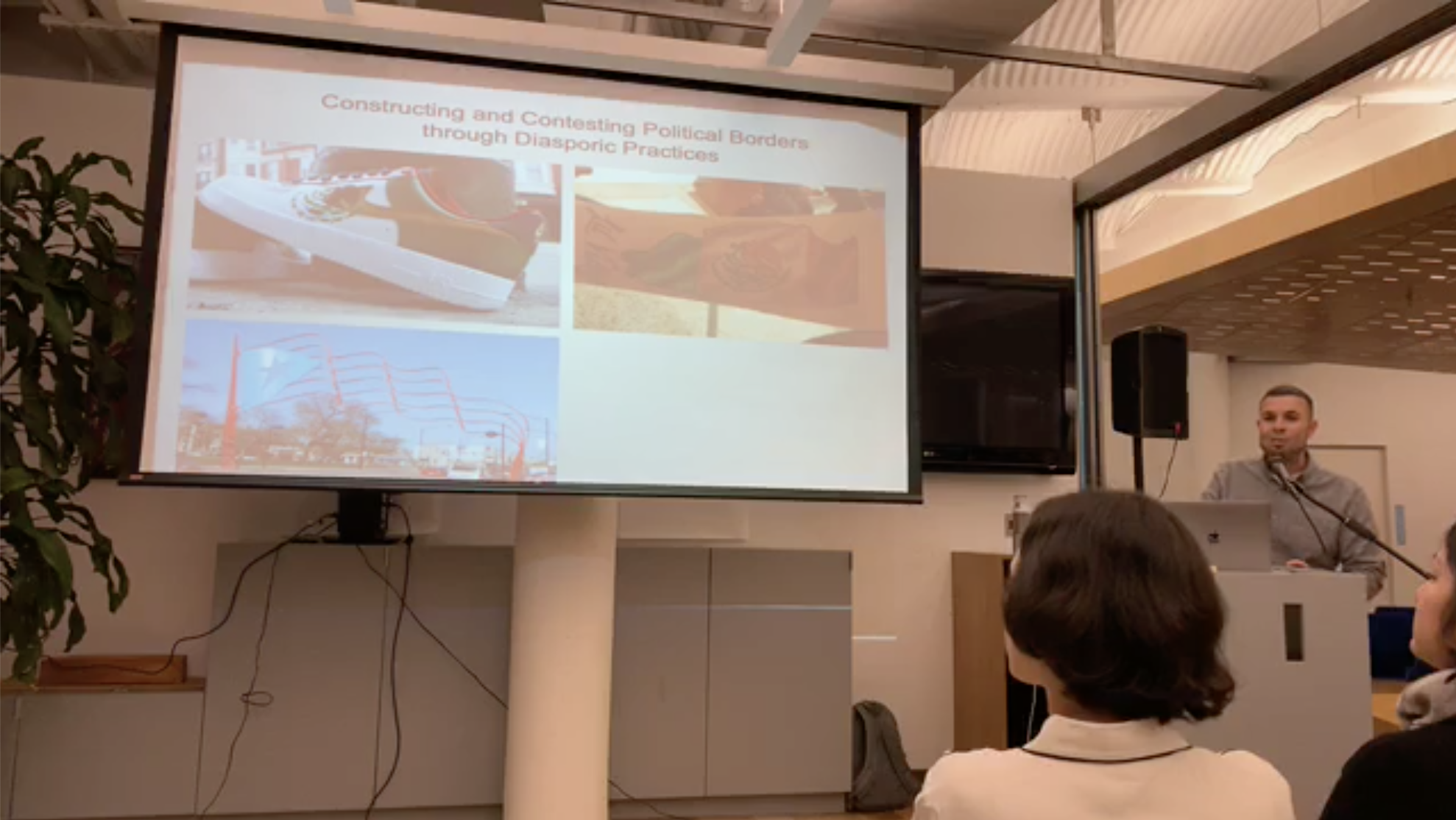How are Latinxs racialized through language? Stanford professor, Jonathan Rosa discussed his new book Looking Like a Language, Sounding Like a Race: Raciolinguistic Ideologies and the Learning of Latinidad. Drawing on ethnographic research conducted in a predominantly Latinx Chicago public high school and its surrounding communities, this presentation approached Latinidad as a crucial site from which to understand the creation of racial, linguistic, and national borders, as well as to reimagine worlds beyond them.
Jonathan Rosa, Ph.D., is an Assistant Professor of Anthropology and Linguistics at Stanford. As a sociocultural and linguistic anthropologist, Rosa’s research theorizes the co-naturalization of language and race as a key feature of modern governance. Specifically, he analyzes the interplay between youth socialization, raciolinguistic formations, and structural inequity in urban contexts.
Rosa was introduced by Sonia Das, Associate Professor of Anthropology and Co-Editor-In-Chief of Journal of Linguistic Anthropology. There were also remarks by Renee Blake, Director of Africana Studies. The event was co-sponsored by The Anthropology and Africana Studies Department.
Event Recap
Jonathan Rosa visited us from Stanford to talk about his now sold-out book Looking like a Language, Sounding like a Race Raciolinguistic Ideologies and the Learning of Latinidad. He took us through a presentation about his research including two years of ethnographic research studying a Chicago high school where most of the student body were Latinx, mainly Puerto Rican, and Mexican descent.
Rosa’s presentation was dynamic, informative, and did a fantastic job setting up current presumed ideas about bilingualism, multilingualism, and arguments for their advocacy and non-advocacy. Rosa let us hear a beautiful recording of Toni Morrison reciting a statement that helped him analyze issues inherent in believing bilingualism or multilingualism is the key to acceptance, overcoming racism, or even assimilation. As Morrison outlines, the standards for being seen as equal will always change. The problem is much larger and stigmatization is part of a much broader system of longstanding colonization.
“The function, the very serious function of racism is a distraction. It keeps you from doing your work. It keeps you explaining, over and over again, your reason for being. Somebody says you have no language and you spend twenty years proving that you do. Somebody says your head isn’t shaped properly so you have scientists working on the fact that it is. Somebody says you have no art, so you dredge that up. Somebody says you have no kingdoms, so you dredge that up. None of this is necessary. There will always be one more thing.”
Rosa argued we should be careful about how we advocate for multilingualism. “Being a polyglot does not mean you have a more inclusive political view,” he says as he cites a NY Times article where a Brooklyn principal made the public remark, “if you don’t speak Spanish, you’re going to clean your own house.”
He went onto discuss his ethnographic research at the Northwest High School where the principal told him she wanted her students to be young Latino professionals not “gangbangers and hoes.” The school advocates for the students to “sound like themselves in highly studied ways.” Rosa shared transcripts of interviews he did with students about the differences between Mexicans and Puerto Ricans about their thoughts on the Spanish that’s spoken by these different groups. He deconstructs their ideas such as “I heard that Mexicans are Hispanic and Puerto Ricans are Latino,” which is also a full chapter title in the book. He gets deep into looking at these constructed Spanish language ideologies he learns through these conversations.
It’s difficult to cover all the topics covered in his talk but you can order his book here and watch our live-streamed recording below. His research and the images he draws from provides fruitful ideas about race, language, and the racialization of Latinxs. Thank you, Jonathan Rosa, for having your first book talk with us.

